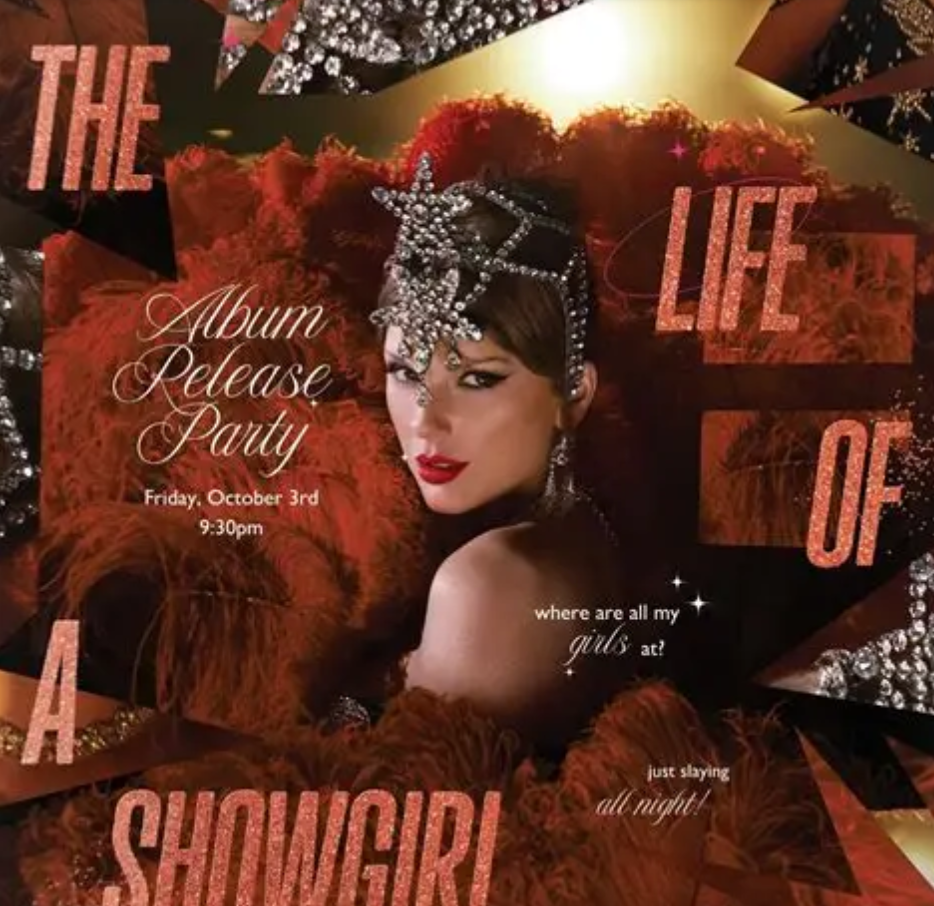Celebrating Literary Voices around the World
- Camila Simōes
- Feb 2, 2021
- 3 min read
Updated: Mar 9, 2021
A brief look into the life of Chico Buarque
This year, OIS students and Language & Literature teachers have decided to start a new project, in which each month the school will celebrate an important figure in the fields of Literature and other art forms. This month, we are delighted to honour Brazilian artist Chico Buarque.

A critical figure in Brazilian culture, Chico Buarque is a musician, playwright, writer and actor, considered one of the most important names in Música Popular Brasileira (“Brazilian Popular Music”, in English) or MPB – a music genre that emerged in the ’60s, best described as a derivative of bossa nova influenced by Brazilian folklore from earlier in the century.
Francisco Buarque de Hollanda was born on 19 June 1944, in Rio de Janeiro. His parents are Brazilian sociologist and historian Sérgio Buarque de Hollanda and intellectual Maria Amélia Cesário de Alvim. From a young age, Chico developed a big interest in literature and music, influenced by famous musicians such as Vinicius de Moraes and Paulo Vanzolini, who were close friends of his father. Nevertheless, in 1963, Buarque made the safe choice of going to study architecture at the University of São Paulo. However, it didn’t take very long before Chico Buarque dropped out of the course and began to focus on his artistic career.
In 1965, Buarque released his first single Sonho de Um Carnaval (“Dream of a Carnaval”). A year later, Buarque won the Brazilian music festival Festival de Música Popular Brasileira for his composition A Banda (“The Band”), interpreted by bossa nova singer Nara Leão. He married Brazilian actress and scriptwriter Marieta Severo the same year, with whom he has three daughters.
In the first years of his career, it was already possible to discern a lyrical side to his compositions that reflected upon the Brazilian society at the time, which was under a military dictatorship. However, it was only when he wrote the existential play Roda Viva (1968) that it became evident his awareness and concern for the social issues the Brazilian people were facing at the time. Roda Viva (“Living Circle”) became a symbol of resistance against the military dictatorship, as it shockingly depicted the problems that surrounded the country under this political regime. Consequently, several sessions of the play were invaded by paramilitary organizations before it was, at last, censored by the government, which forced Chico Buarque to flee to Italy, where he stayed for a year.
Once back in Brazil, in 1971, Buarque released what is, perhaps, the greatest album of his career – Construção (“Construction”). This ground-breaking album is composed of intense songs with complicated lyrical layers revealing social and political protest as never seen before in his musical compositions. Maintaining this social and political approach to his songs, most of what Buarque released the following years was censored, until the collapse of the authoritarian regime, in 1985.
Other acclaimed albums worth mentioning are Meus Caros Amigos (“My Dear Friends”) from 1976, Paratodos (“For everybody”) from 1993, Uma Palavra (“One Word”) from 1995, Cambio (2001), and his most recent album Caravanas (“Caravans”) from 2017.
Chico Buarque is highly praised as well for his literary work, receiving the most famous award of Portuguese and Brazilian Literature – Prémio Camões –, in 2019. He also won the Brazilian Literature award Prêmio Jabuti for his novels Estorvo from 1992, Budapeste (Budapest) from 2004, and Leite Derramado (Spilt Milk) from 2010.
Throughout his life’s work, Chico Buarque has shown the constant desire to re-examine Brazil’s culture from its past to its imaginable future. As a result, he will deservedly remain a prominent figure in Brazilian Culture.
References:
"Chico Buarque." Wikipédia, a enciclopédia livre. 3 nov. 2020, 14h31min UTC. 3 nov. 2020, 14:31 <https://pt.wikipedia.org/w/index.php?title=Chico_Buarque&oldid=59722901>.
Dougan, John. “Chico Buarque | Biography & History”. AllMusic. https://www.allmusic.com/artist/chico-buarque-mn0000095613/biography





Comments